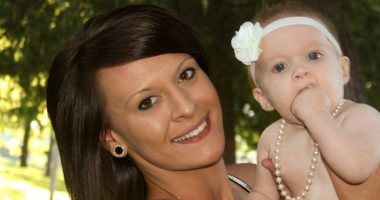An estimated 2.2 million adult women (23 per cent of the adult female population) and 1.4 million adult men (16 per cent) have experienced emotional abuse, also known as coercive control, by a partner at some point since the age of 15.
The figures, released by the Australian Bureau of Statistics data today, equates to almost a quarter of women and one in six men.

Will Milne, the director of the National Centre for Crime and Justice Statistics at the ABS, said the new analysis identified a number of socio-demographic characteristics associated with higher rates of partner emotional abuse.
“People more likely to experience partner emotional abuse were single parents, people with intellectual or psychological disability, and those experiencing financial stress,” Milne said.
Attorney-General Mark Dreyfus said the figures highlighted an ‘urgent’ need for a national focus on the issue.
“Because it often doesn’t involve actual physical violence, coercive control is often not recognised until it is too late, with tragic consequences,” he said in a statement.
“The Draft National Principles to Address Coercive Control are aimed at achieving a collective understanding of the threat, and to promote greater awareness among the community.”

Emotional abuse, also commonly known as coercive control, is a pattern of abusive behaviours that aims to manipulate, control, intimidate or isolate another person.
It occurs when a person is subjected to certain behaviours or actions that are aimed at preventing or controlling their behaviour, causing them emotional harm or fear.
The analysis found childhood experiences of abuse and exposure to violence increased the risk of experiencing partner emotional abuse later in life.
“Women and men who experienced childhood abuse or witnessed parental violence as a child were about twice as likely to experience partner emotional abuse in their adulthood,” Milne said.
The data showed those who experienced emotional abuse were more likely to have also experienced other forms of domestic violence such as physical or sexual violence.
If you or anyone you know is in need or crisis please call the National Sexual Assault, Domestic and Family Violence Counselling Service on 1800 RESPECT (1800 737 732) or Lifeline 131 11 14.









